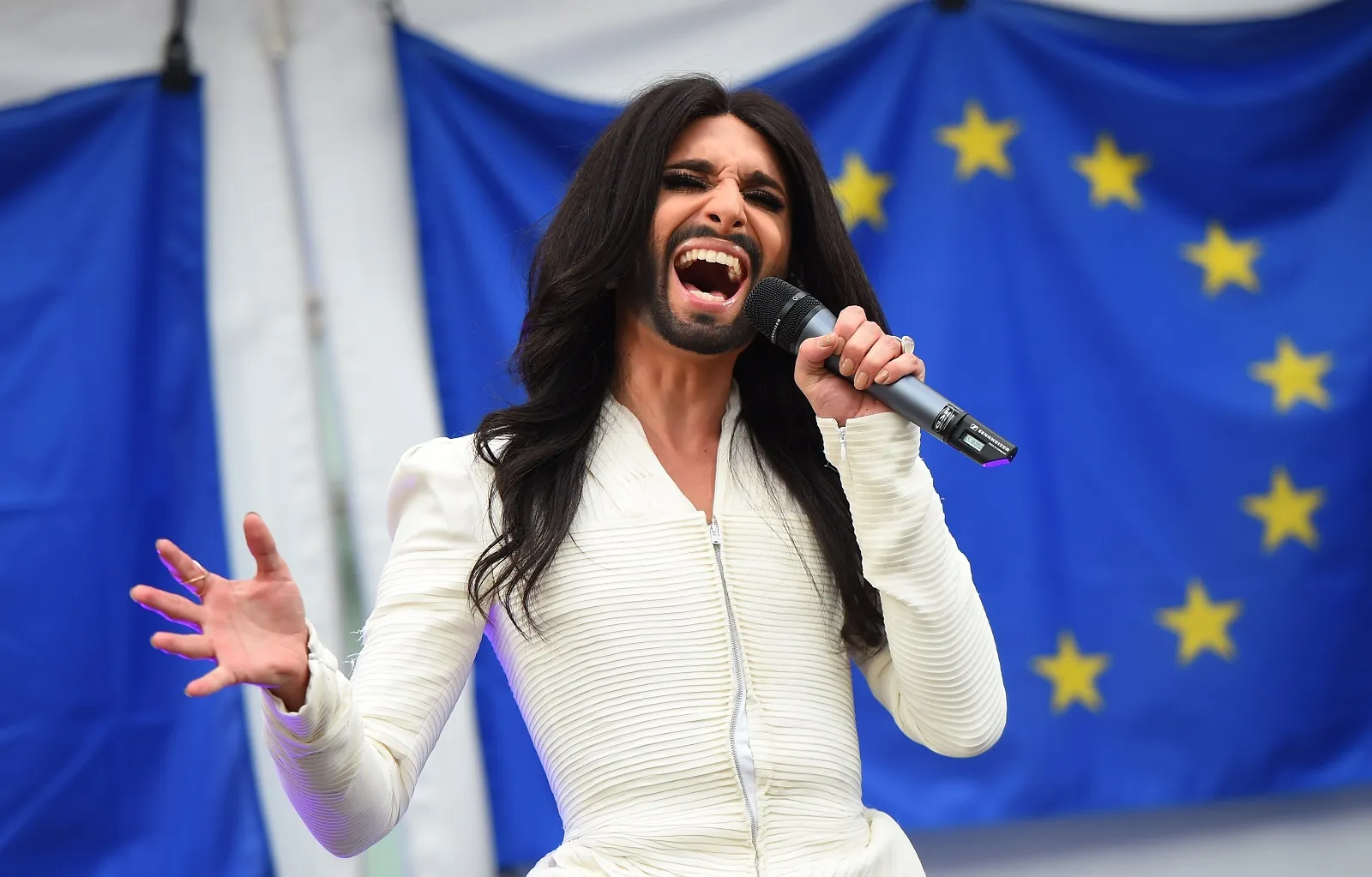Every single one of your Eurovision questions answered, including ‘why is Eurovision so political?’
Sign up for more LGBTQ+ news and updates at TrueQueer.
The annual Eurovision Song Contest is approaching, and LGBTQ+ individuals are gearing up to celebrate this flamboyant and queer event with exuberance. Originating in 1956, Eurovision has become a beloved tradition within the queer community, showcasing Europe’s most fabulous talents each year. In 2024, the competition will take place in Malmö, Sweden, following Loreen’s victory in 2023 with her hit song ‘Tattoo’.
Eurovision operates as an annual songwriting competition organized by the European Broadcasting Union (EBU), featuring participants chosen from EBU member broadcasters representing their countries from across Europe and beyond. The event consists of three live shows: the first semi-final, the second semi-final, and the grand final. The competition has evolved over the years, with rules stating that songs must be original and no more than three minutes long, lead vocals must be performed live, and no more than six performers are allowed on stage at once.
Scoring in Eurovision is based on positional voting, where each country has two sets of points to allocate: one from their jury of music industry professionals and another from the general public. The popularity of the country determines the weighted points, with the top song receiving 12 points. Votes are cast through telephone, SMS, or the official Eurovision app, with a rule prohibiting voting for one’s own country.
The winner of Eurovision not only receives a prestigious title but also a stunning glass microphone trophy designed by Kjell Engman of Kosta Boda. The songwriters and composers of the winning entry also receive a smaller version of the trophy. The event is funded through various streams, including participation fees from broadcasters, contributions from the host broadcaster and host city, and commercial revenue from sponsorship agreements, ticket sales, televising, and merchandise.
Eurovision has become a favorite among the LGBTQ+ community due to its inclusivity and celebration of queer artists. The show provides a platform for LGBTQ+ acts to be visible and share their stories with a global audience. Despite efforts to keep Eurovision apolitical, the competition has been embroiled in political controversies over the years, with neighboring countries often using the event to showcase international relations.
Olly Alexander, a prominent gay actor and singer, is set to represent Britain at Eurovision 2024. While some individuals and organizations have called for boycotts of the event due to political reasons, Alexander has expressed solidarity with oppressed communities and called for peace and a ceasefire in conflict zones.
To watch Eurovision 2024, viewers can tune in to BBC One and BBC iPlayer for live streams of the semi-finals and grand final. The first semi-final will take place on May 7, followed by the second semi-final on May 9, with the grand final scheduled for May 11 at 8 pm UK time. The competition promises to be a dazzling display of talent and celebration of diversity on a global stage.
Follow us on: Facebook for more LGBTQ+ news and updates at TrueQueer.
Eurovision
![]()

